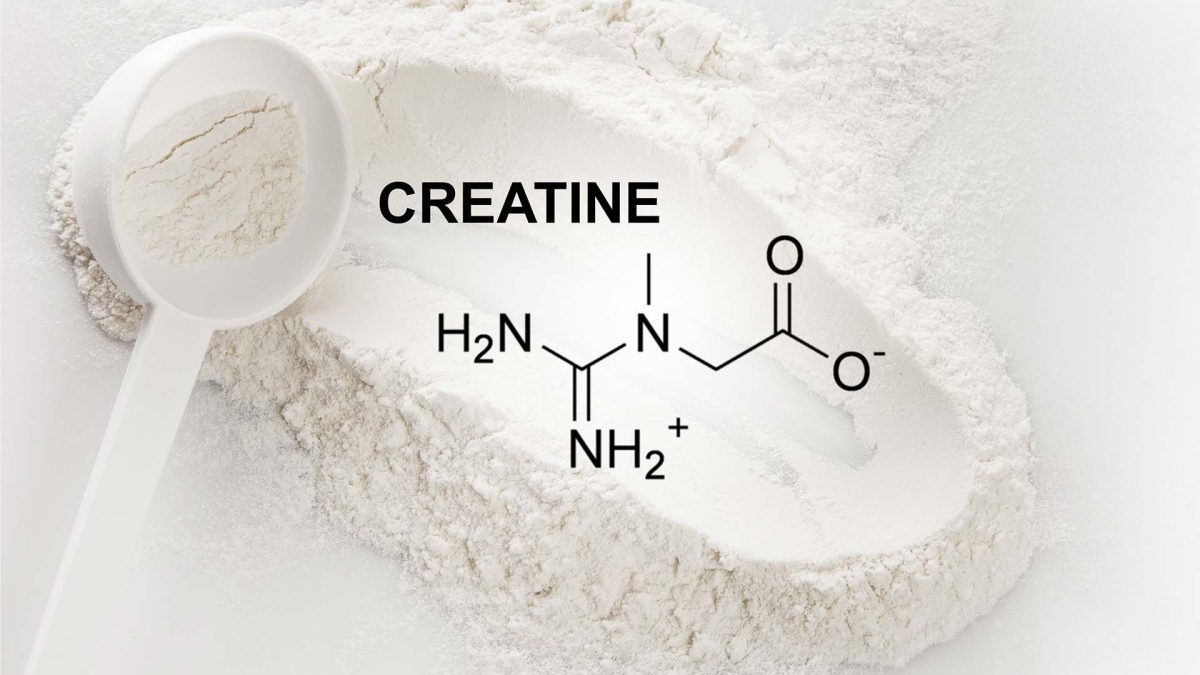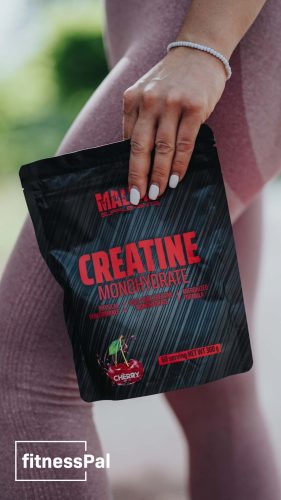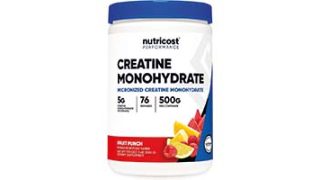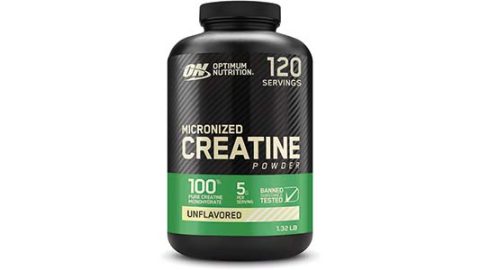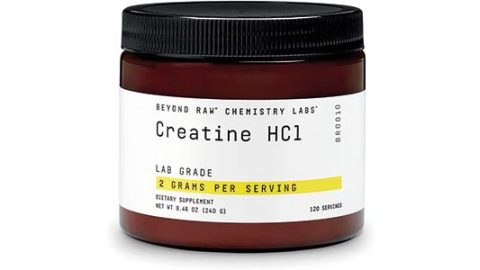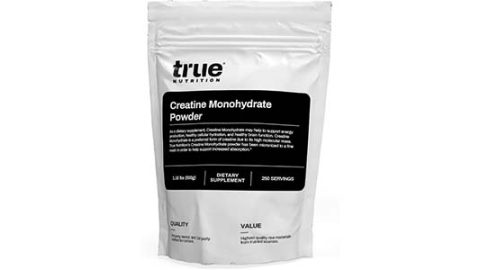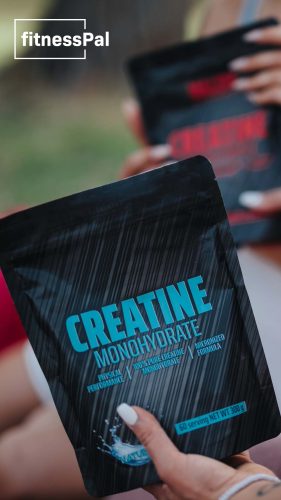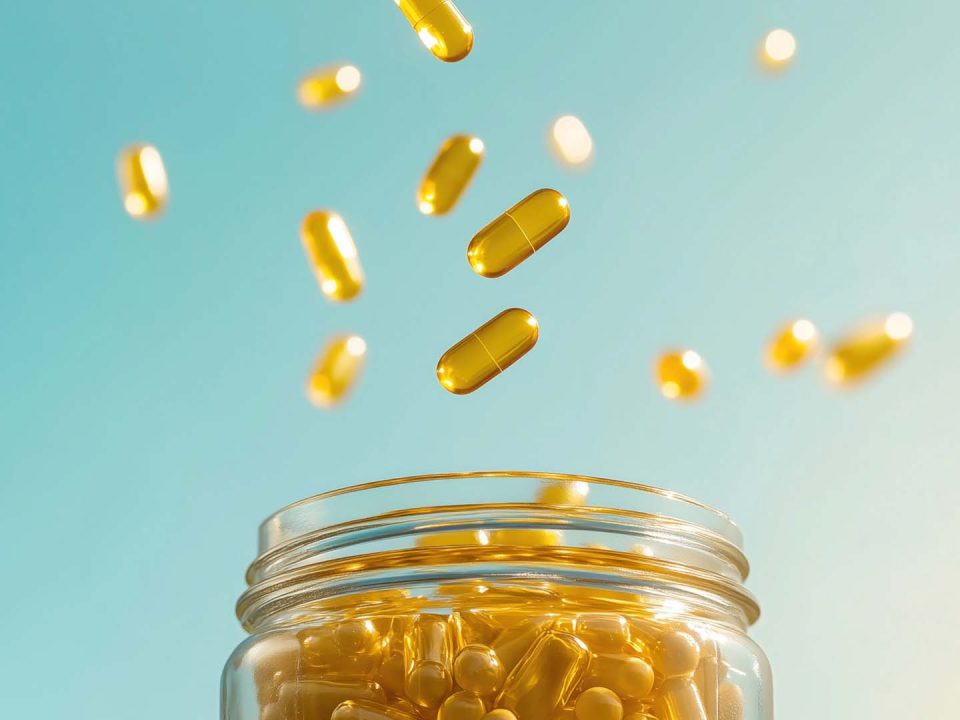Creatine is a game-changer in the fitness world. This powerhouse supplement has taken the athletic community by storm, and for good reason. It's not just about bulking up; creatine plays a crucial role in energy production and muscle function.
Imagine having a secret weapon that boosts your strength, power, and endurance. That's creatine for you. It's like giving your muscles a turbo boost, especially during high-intensity workouts. Whether you're lifting weights or sprinting, creatine can help you push harder and recover faster.
But here's the kicker – creatine isn't just for bodybuilders. It's beneficial for athletes of all levels, from weekend warriors to elite competitors. How does it work? Creatine increases phosphocreatine stores in your muscles. This helps your body produce more ATP, the energy currency of your cells.
Recent studies have shown that creatine supplementation can increase muscle strength by 5-10% and weightlifting performance by 5-15%. That's a significant edge in any sport or fitness routine.
But wait, there's more! Emerging research suggests creatine might also boost brain function. It's not just about brawn; it's about brains too. Some studies indicate that creatine could improve memory and cognitive processing.
So, whether you're looking to build muscle, enhance performance, or even sharpen your mind, creatine might be the supplement you've been searching for. It's time to unlock your full potential and take your fitness journey to the next level.
Understanding Creatine: More Than Just a Muscle Builder
Creatine is a powerhouse supplement that goes beyond just building muscle. It's a naturally occurring compound in our bodies, primarily stored in muscle cells. When you take creatine supplements, you're boosting your body's energy production system.
Here's how it works: creatine helps create and restore adenosine triphosphate (ATP), the energy currency of your cells. This process is crucial during high-intensity, short-duration activities like weightlifting or sprinting. By increasing your creatine stores, you're essentially giving your muscles more fuel to work with.
But the benefits don't stop at muscle growth. Creatine has been shown to enhance overall athletic performance. It can help you lift heavier weights, sprint faster, and recover more quickly between sets. This means you can push harder during workouts, leading to better gains over time.
Interestingly, creatine's benefits extend beyond the gym. Recent studies suggest it may have cognitive benefits too. Some research indicates that creatine supplementation could improve memory and brain function, especially in situations of sleep deprivation or mental fatigue.
Remember, while creatine is powerful, it's not a magic pill. It works best when combined with proper nutrition and a consistent workout routine. So, whether you're an athlete looking to boost performance or someone aiming to improve overall fitness, creatine could be a valuable addition to your supplement stack.
Creatine Monohydrate: The Gold Standard
Creatine monohydrate stands tall as the champion of creatine supplements. It's the most researched and trusted form, backed by countless studies proving its effectiveness. This powerhouse supplement has been shown to boost muscle strength, size, and performance like no other.
Why is it so effective? Creatine monohydrate is easily absorbed by your body, increasing muscle creatine levels quickly and efficiently. It's also incredibly stable, meaning it won't break down in your system before it can do its job.
Compared to other forms like creatine HCL or micronized creatine, monohydrate still reigns supreme. While these alternatives may offer better solubility, they haven't consistently outperformed the classic monohydrate in scientific studies.
Don't just take our word for it. A comprehensive review by the International Society of Sports Nutrition concluded that creatine monohydrate is the most effective ergogenic nutritional supplement for increasing high-intensity exercise capacity and lean body mass.
Ready to supercharge your workouts? Look for a high-quality creatine monohydrate supplement from a reputable brand. Your muscles will thank you!
Navigating Potential Side Effects
Creatine is generally safe, but some users may experience side effects. The most common issues are stomach discomfort, bloating, and gas. These effects are often linked to creatine monohydrate's low solubility. It can be tough on sensitive stomachs, especially when taken in large doses.
Don't worry, though! There are ways to minimize these issues. Try dividing your daily dose into smaller portions throughout the day. This can help your body process the supplement more easily. Drinking plenty of water is also key. It helps dissolve the creatine and keeps you hydrated.
Some people find relief with other forms of creatine. Creatine HCL and micronized creatine monohydrate are more soluble. They may cause less stomach upset. However, they're not necessarily more effective for muscle growth.
Remember, everyone's body reacts differently. What works for one person might not work for another. It's always best to start with a small dose and see how your body responds. If side effects persist, consider trying a different form of creatine or consulting with a healthcare professional.
Creatine Monohydrate (Micronized). Citric Acid, Malic Acid, Natural Flavors, Sucralose, Beet Root Powder (For Color) Unflavored, Keto Friendly, 120 Servings (Packaging May Vary) Promotes Lean Muscle Growth, Muscular Strength, and Workout Intensity - Pre Workout and Post Workout Supplement (500 g)Creatine supplements
Nutricost Creatine Monohydrate Powder
Optimum Nutrition Micronized Creatine Monohydrate Powder
True Nutrition - Creatine Monohydrate Powder - Micronized Creatine Powder
Creatine and Brain Health: A Cognitive Boost
Creatine isn't just for muscles – it's also a brain booster! Recent studies show that this popular supplement may enhance cognitive function. Researchers have found that creatine can improve memory, mood, and mental performance. This is exciting news for both athletes and non-athletes alike.
How does creatine work its magic on the brain? It helps provide energy to brain cells, similar to how it fuels muscles. This extra energy can lead to better focus and clearer thinking. Some studies even suggest that creatine might help protect against cognitive decline as we age.
But that's not all – creatine shows promise for people with neurological conditions too. Early research indicates it could benefit those with Parkinson's and Alzheimer's disease. While more studies are needed, these findings are encouraging for brain health.
Remember, everyone's brain is unique. What works for one person might not work the same for another. If you're considering creatine for cognitive benefits, it's always best to chat with your doctor first. They can help you decide if it's right for you and your brain health goals.
Optimizing Creatine Supplementation
Ready to make the most of your creatine supplement? Let's dive into the best ways to use it. The typical recommended dose is 3-5 grams of creatine monohydrate daily. This amount has been shown to effectively boost muscle creatine levels.
Some folks opt for a "loading phase" to jumpstart their creatine stores. This involves taking 20 grams per day for the first week, split into four 5-gram doses. After that, you switch to a maintenance dose of 3-5 grams daily. While loading can speed up results, it's not necessary for everyone.
Timing your creatine intake isn't as crucial as consistency. Taking it around your workouts (before or after) might give you a slight edge in maximizing phosphocreatine levels. But don't stress if you can't time it perfectly – the most important thing is taking it daily.
Remember, everyone's body is different. Start with the recommended dose and adjust as needed. If you experience any discomfort, try splitting your daily dose into smaller portions throughout the day. Stay hydrated and listen to your body as you find your optimal creatine routine.
Choosing the Right Creatine Supplement
Picking the best creatine supplement can be tricky. But don't worry, we've got you covered! Quality is key when it comes to creatine. Look for products that are third-party tested. This ensures you're getting pure, safe creatine without any nasty surprises.
Creatine monohydrate is your best bet. It's the most researched and effective form. Brands like Optimum Nutrition and Transparent Labs offer top-notch creatine monohydrate. If you have a sensitive stomach, try micronized creatine. It dissolves better and may cause less digestive issues.
Price matters, but don't skimp on quality. A good creatine supplement should last you a while, so it's worth investing in a reputable brand. Check the serving size too. Some products might seem cheaper, but you may need to take more to get the same effect.
Remember, the best creatine for you is one you'll use consistently. If you hate the taste or texture of one brand, try another. Your perfect match is out there!
The Future of Creatine Research
Creatine research is far from over. Scientists are exploring new frontiers in its applications and benefits. Recent studies suggest creatine may have potential in treating depression and anxiety. This opens up exciting possibilities for mental health treatments.
Researchers are also investigating creatine's role in combating age-related muscle loss. As our population ages, this could be a game-changer for maintaining strength and independence in later years. Another promising area is creatine's impact on bone health, with early studies showing potential benefits for osteoporosis prevention.
In the world of sports, we're likely to see more personalized creatine supplementation strategies. Genetic testing may soon help athletes determine their optimal dosage and timing for maximum performance gains. We might also see new delivery methods, like transdermal patches or sublingual tablets, offering alternatives to traditional powders.
As for product development, expect to see more specialized creatine blends. These could combine creatine with other performance-enhancing compounds for synergistic effects. The focus on purity and quality will likely intensify, with more brands adopting rigorous third-party testing protocols.

